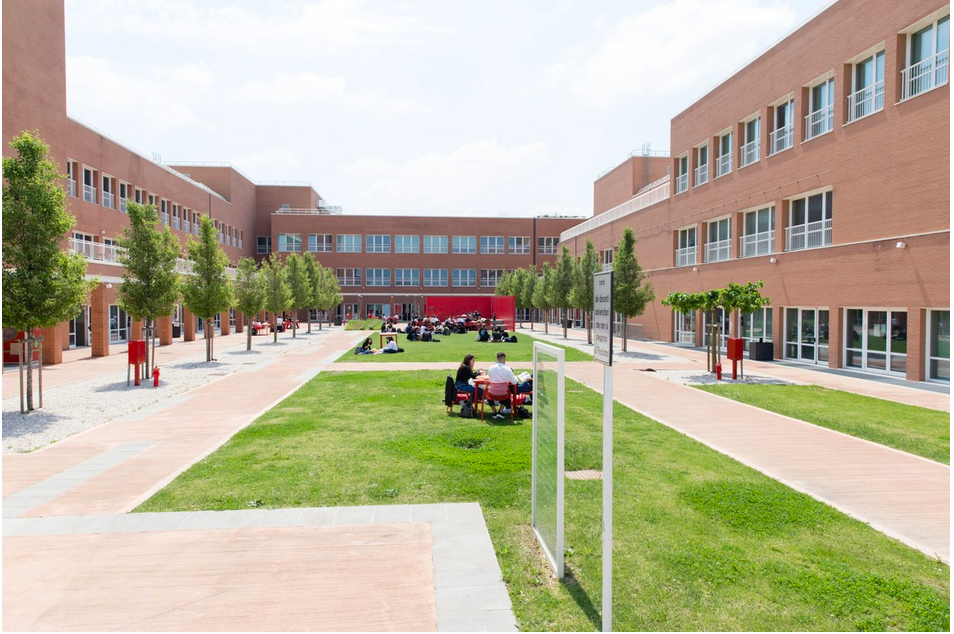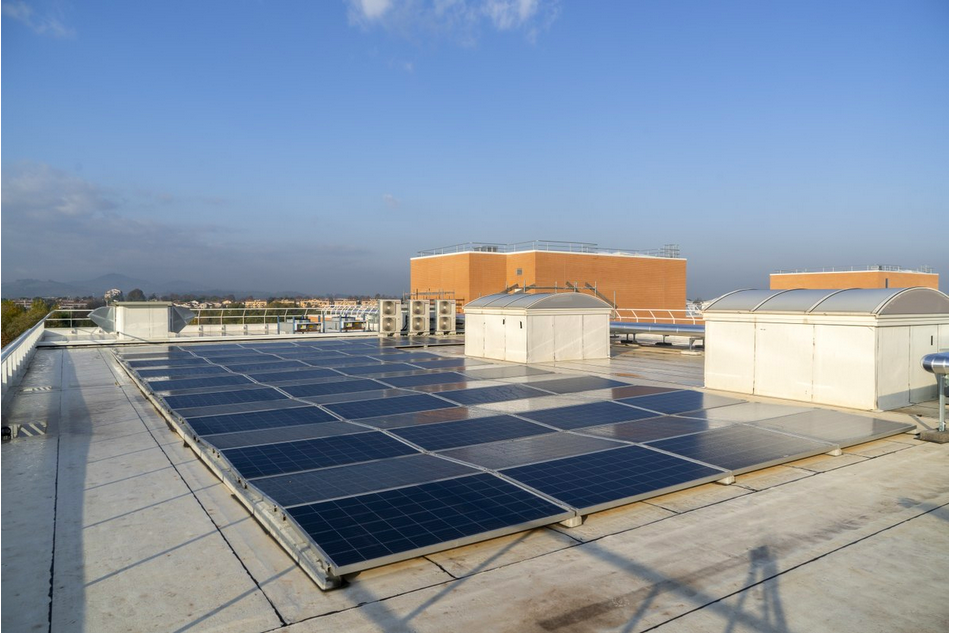

Management Interventions
It is an objective of the Energy Plan to define and implement a series of management actions aimed at certifying the University according to the UNI CEI EN ISO 50001 standard. The voluntary certification UNI CEI EN ISO 50001 allows organizations to establish and maintain an Energy Management System that enables continuous improvement of the organization's energy performance.
To define the internal energy management system of the University, a series of preliminary interventions are necessary:
- Metering and automatic monitoring of consumption
- Bill audit analysis
- Consumption profile analysis
- Data warehouse reporting
- Inventory of plant assets
- Plan of measures and ex-post verification of the results of efficiency interventions
- Energy diagnosis plan and database of energy models
- Programming of periods of activation and deactivation of systems

Communication and Community Empowerment Interventions at Alma Mater
To increase the likelihood of actual consumption reduction, direct involvement of the entire university community is essential, as its role is crucial both in sharing changes in habits and in promoting virtuous behaviors aimed at efficiency and savings. It is estimated that responsible and forward-thinking behaviors can lead to a consumption reduction of up to 7% seasonally!
Several well-established studies demonstrate that alongside technical knowledge, economic assessments, administrative, and procedural aspects, all phases - from production to distribution, from conservation to energy consumption - require the proactive involvement of the 'human dimension' of energy. The role of individuals becomes increasingly important when facing a transition, both in terms of resistance to changing habits and motivation towards virtuous behaviors aimed at efficiency and savings. Both these aspects are central and can, like efficiency and production forms, significantly contribute to achieving the objectives. To promote energy saving, it is necessary first of all to act on awareness and the relevance of each individual's actions on environmental preservation, change behaviors, and evaluate the benefits obtained afterwards, highlighting their contribution in terms of economic, environmental, and social sustainability.
Alma Mater aims to become an 'open laboratory' for the experimentation of innovative technologies and models of energy sources utilization, both through specific research and teaching activities, and thanks to collaboration with public administrations in the area for the implementation of energy sustainability actions.

Building Envelope Interventions
The analysis conducted on the University's building and plant assets has highlighted that a significant percentage of the real estate portfolio consists of historically protected buildings, which limits the possibilities for intervention on the envelope. Therefore, it is suggested to prioritize interventions on the systems and non-visible parts of the building to improve the energy performance of these structures.
Where feasible, interventions that can be carried out on the building envelope include:
- Replacement of windows and doors
- Thermal insulation of vertical walls
- Thermal insulation of roofs/attics
- Solar screens
Interventions on Building Systems
Due to the extensive real estate portfolio of the University, the maintenance and efficiency status of electrical and mechanical systems vary significantly from building to building.
The Energy Plan includes a series of interventions aimed at eliminating all situations of poor efficiency of the systems, particularly:
- Removal of oil-fired or fuel oil central heating systems
- Implementation of a Building Management System (BMS) for the University
- Boiler replacement plan
- Installation of thermostatic valves where missing
- New connections to the urban heating network
- Relamping
- Photovoltaic Plan

The full document 'University Energy Plan' is available for consultation on this page.